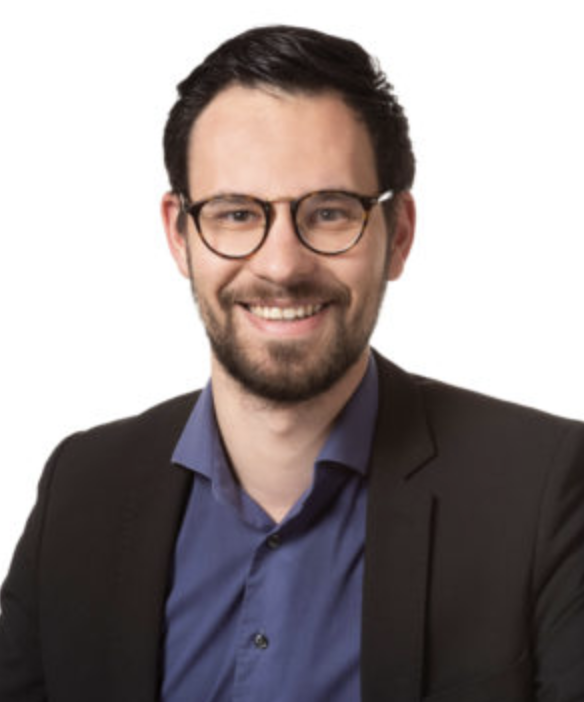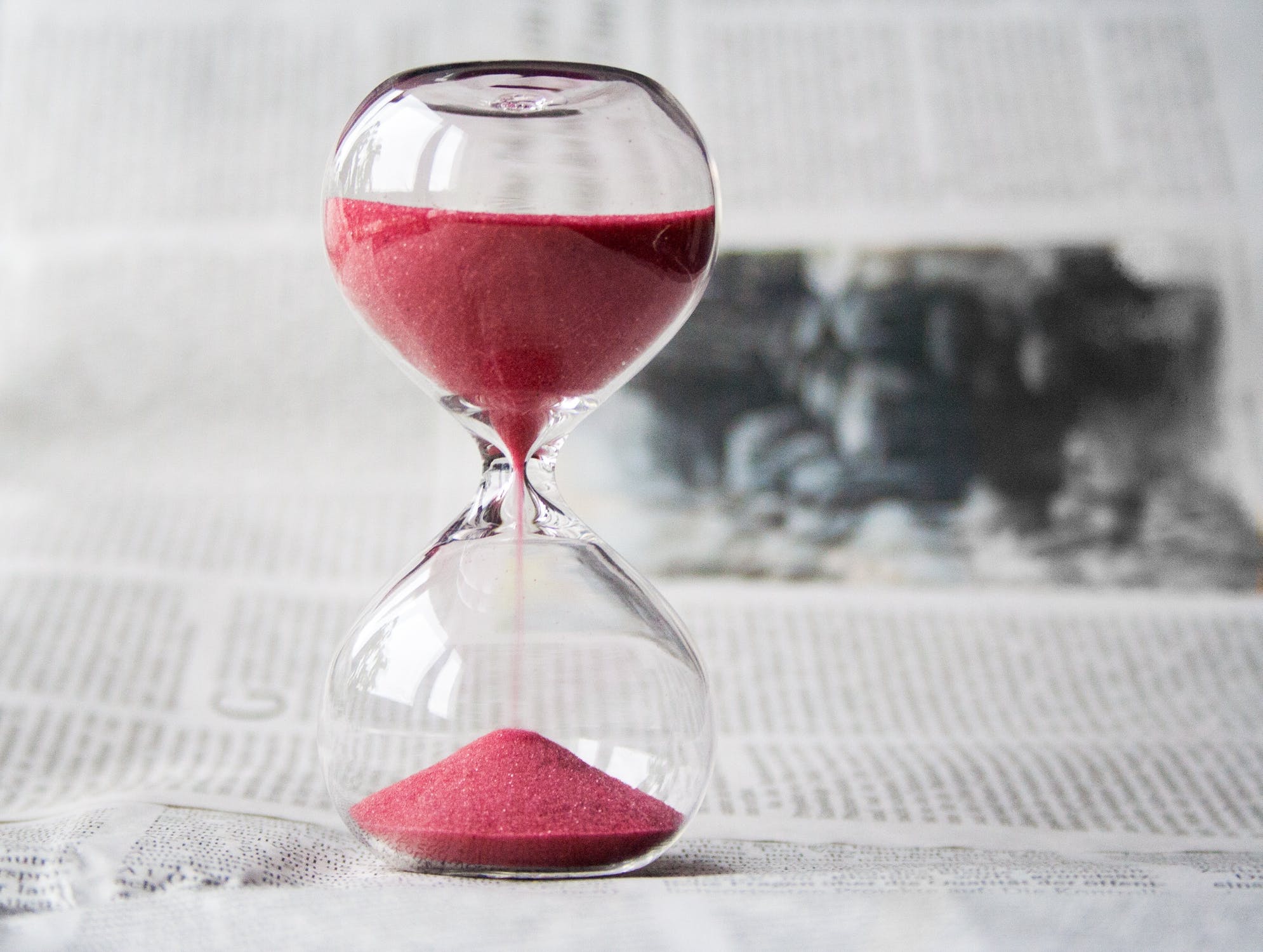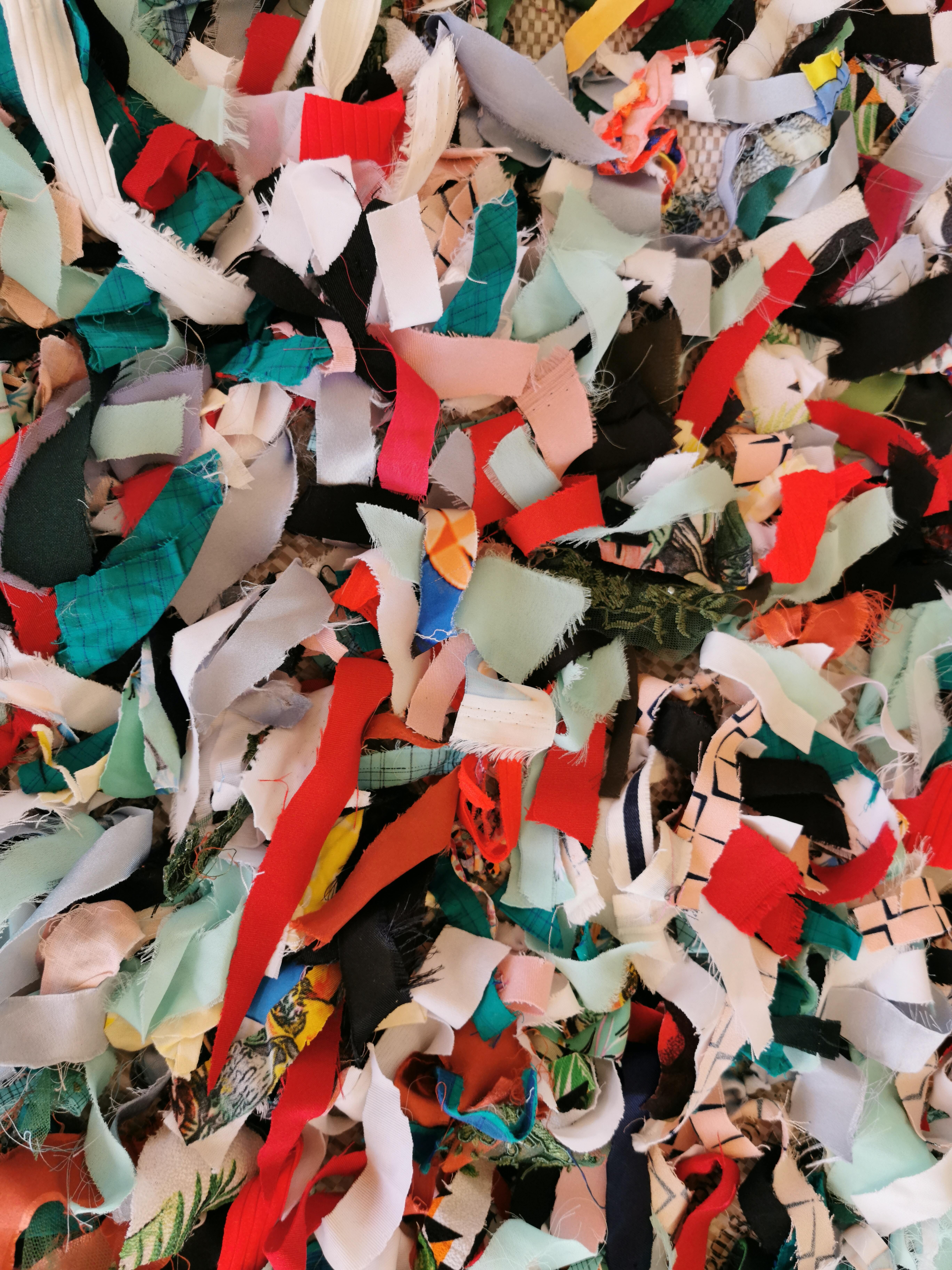 Time and timing in doctoral education: Thoughts from the 2022 EUA-CDE Annual Meeting
Time and timing in doctoral education: Thoughts from the 2022 EUA-CDE Annual Meeting
The 15th Annual Meeting of the Council for Doctoral Education of the European University Association (EUA-CDE) was held at Manchester last June. This conference addressed the question of time and timing in the thesis, and took a close look at this key issue for doctoral education. The CUSO team had the chance to attend this Annual Meeting and we would like to take the opportunity to share with you some thoughts we took back with us.

 Word from Kilian Winz, representative of the doctoral students
Word from Kilian Winz, representative of the doctoral students
My dear fellow doctoral students,
You first elected me in 2018 to represent you on the CUSO Coordination and Management Commission before re-electing me in 2020 for a second term. As I am about to complete my PhD thesis this summer, I will not be seeking re-election. I would like to take this opportunity to say a few words to express my gratitude for the four years I have spent defending our interests.

 Time Management Tips for Your PhD
Time Management Tips for Your PhD
During a PhD, time always feels scarce and the days seem to fly by pretty quickly. Combining this with the pressure of the number of things you have to accomplish, the need to achieve a high standard and perhaps a certain lack of clear guidance, you may easily feel stressed. Moreover, completing a PhD is usually an individual process where your progress mostly depends on your own motivation and your organizational skills. For sure, having good time management strategies can be vital and may help reduce anxieties. Time management is all about to make the most efficient and effective use of the time you have, and allows you to deal with your duties, to meet deadlines, and to progress towards achieving your private and professional goals.

 “ Creativity is intelligence having fun” - A. Einstein
“ Creativity is intelligence having fun” - A. Einstein
In one of our articles, we underlined the importance of reflection time in order to develop new ideas that could be useful when returning to campus. Indeed, creativity is closely linked to research process when it comes, for example, to developing new hypotheses, transmitting acquired knowledge or building the foundations of a project. The innovative process is vivifying, vibrant, sparkling, stimulating, but generating ideas and organizing them is sometimes complicated, messy, even frustrating. Did you know that as early as the Middle Ages (Quaestiones disputatae) there was a concern to facilitate and stimulate exchanges between scientists in order to generate original answers to theoretical questions? The aim here is not to retrace the history of brainstorming or freewheeling, but to propose some concrete tools to structure the production and organization of new ideas, in groups or solo.

 Physical and Mental Well-being in Times of Pandemic and Thesis
Physical and Mental Well-being in Times of Pandemic and Thesis
Containment is not new to doctoral students, as Mathilde Maillard and Mathieu Rouault note. In particular, working on a thesis in the humanities and social sciences involves overwhelming but necessary phases of confinement, involving social isolation and lack of physical activity.



 Blog en français
Blog en français